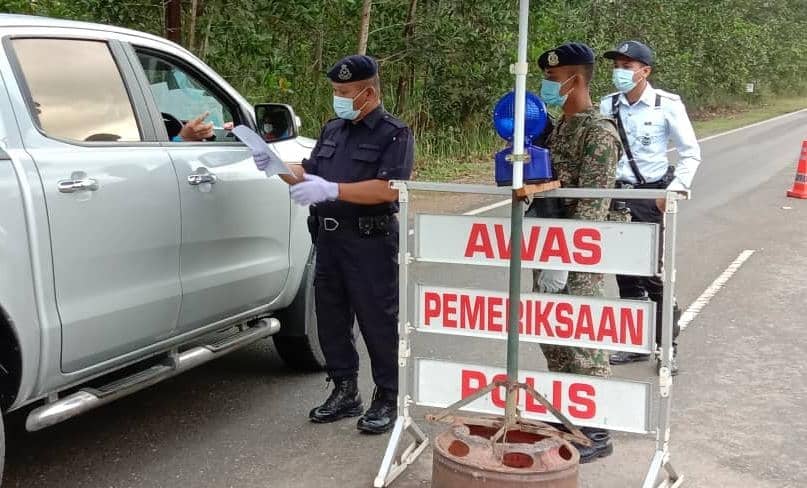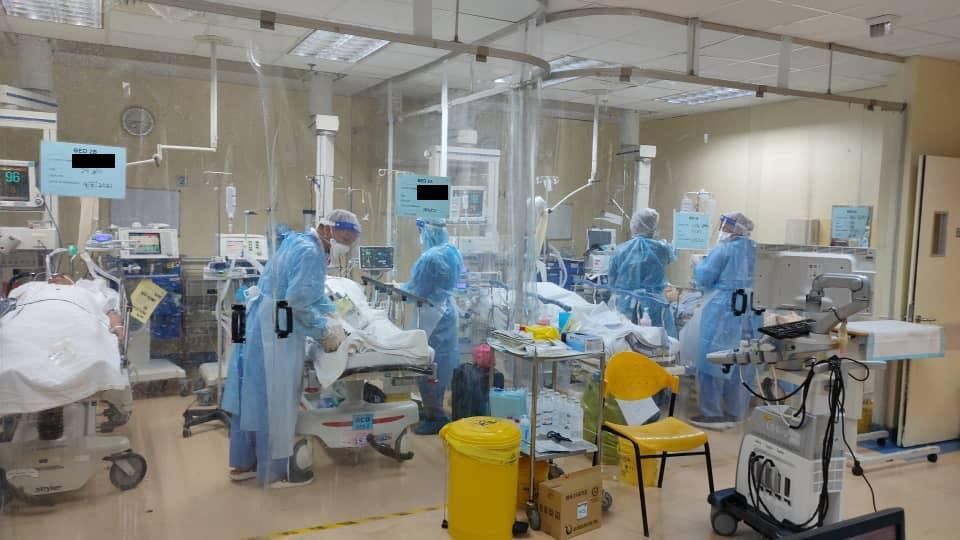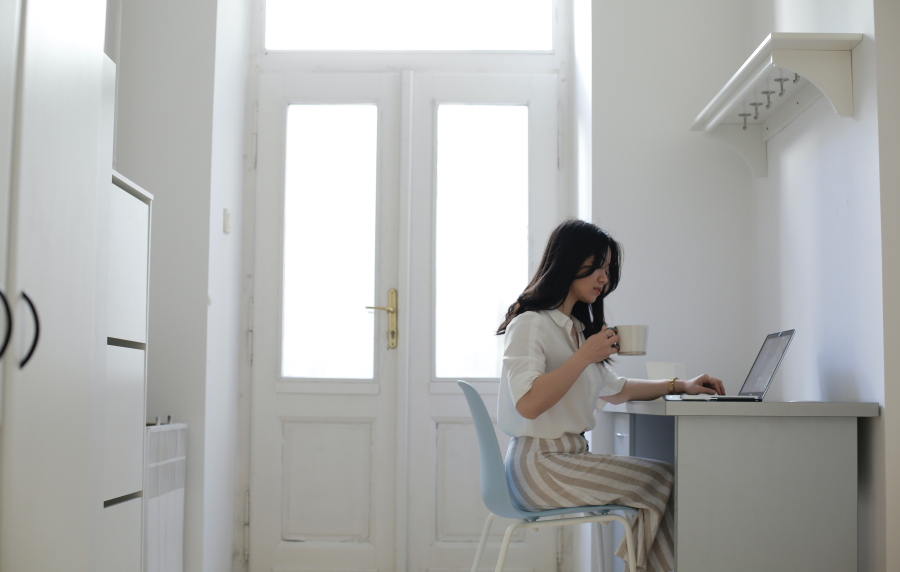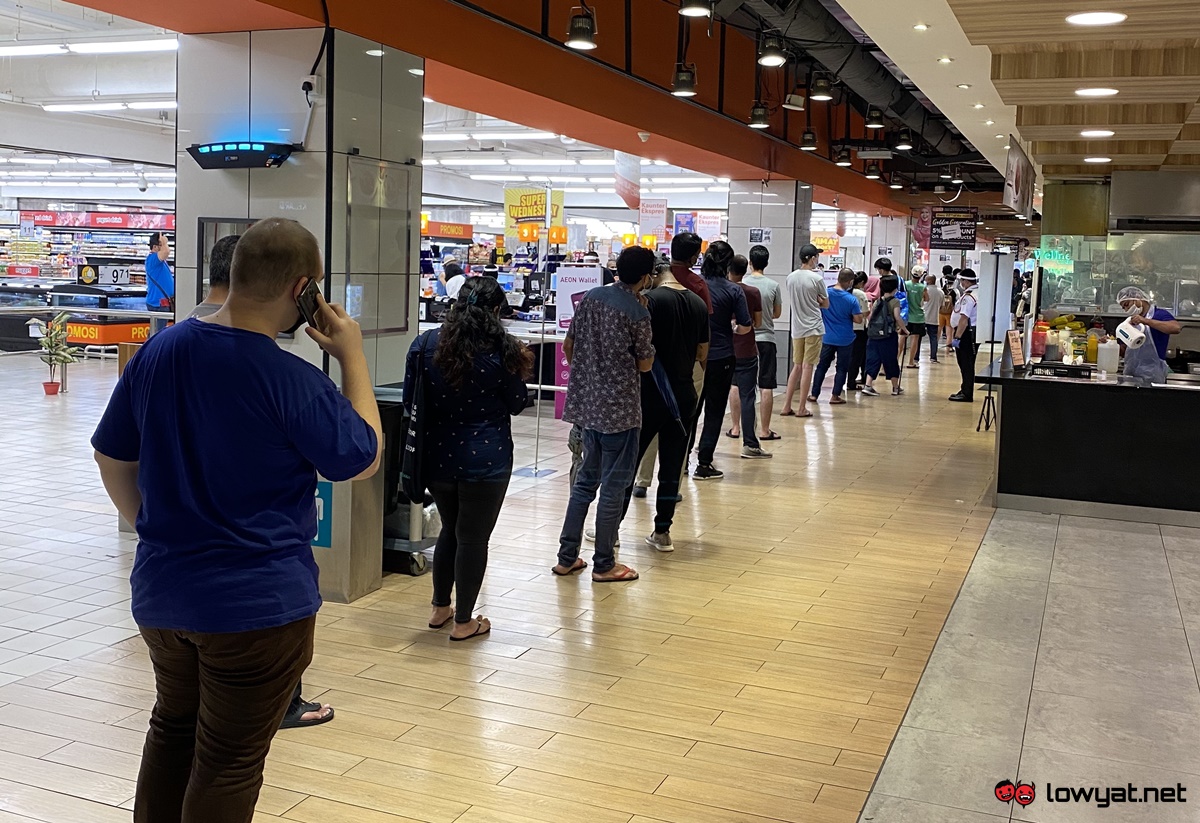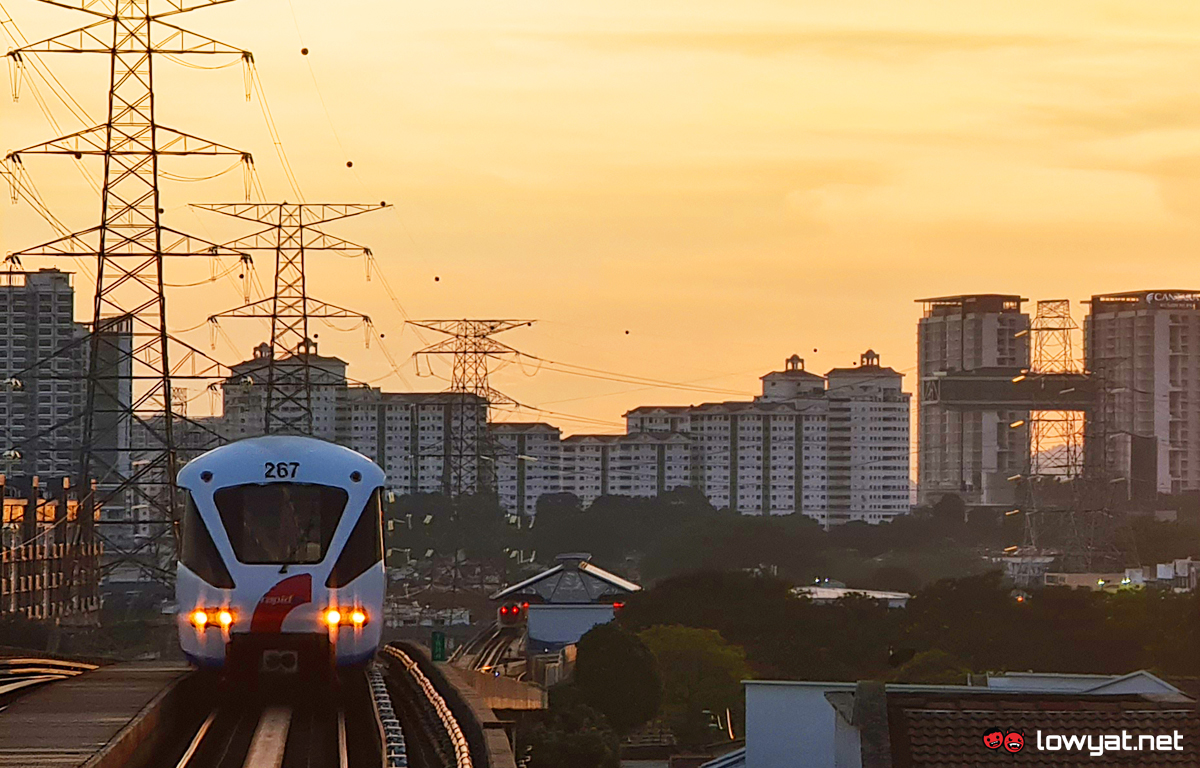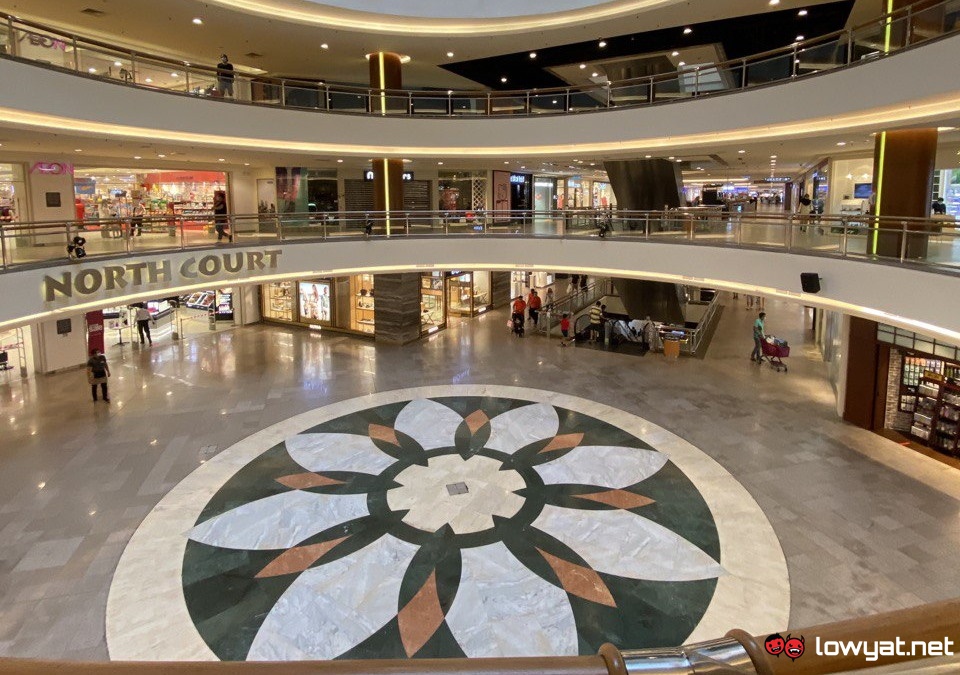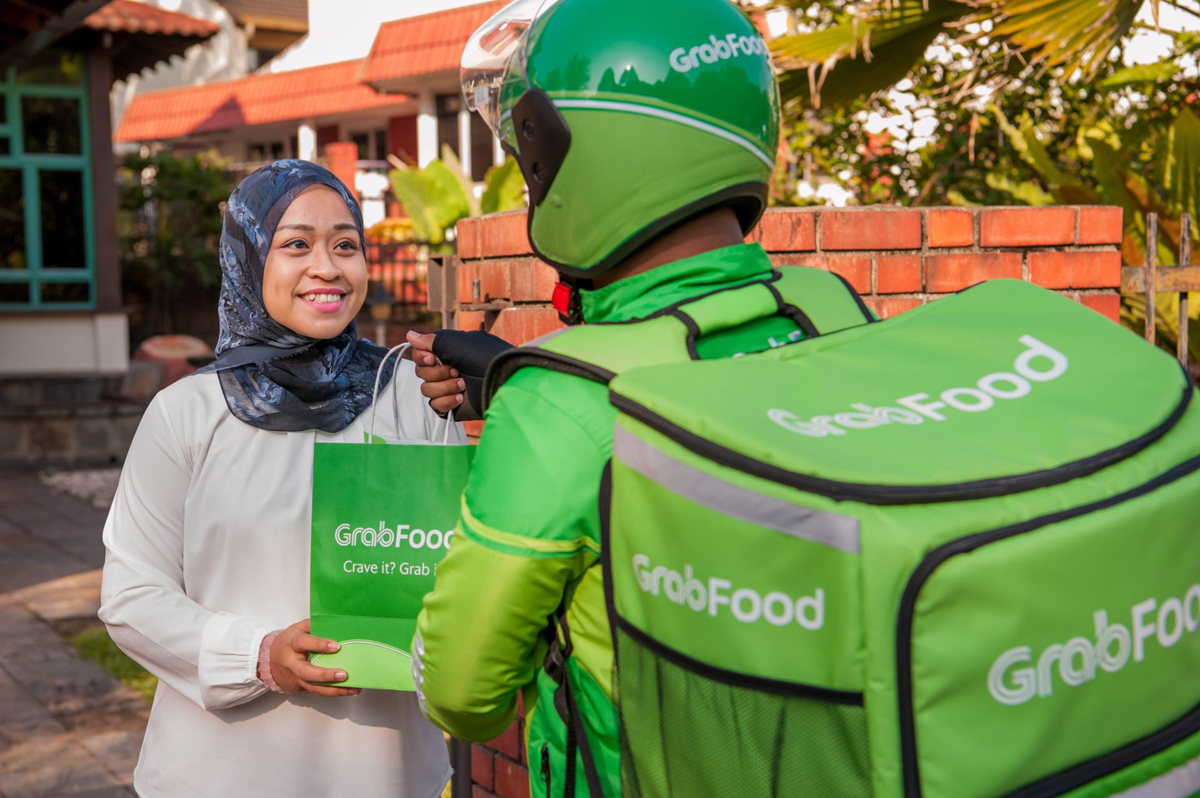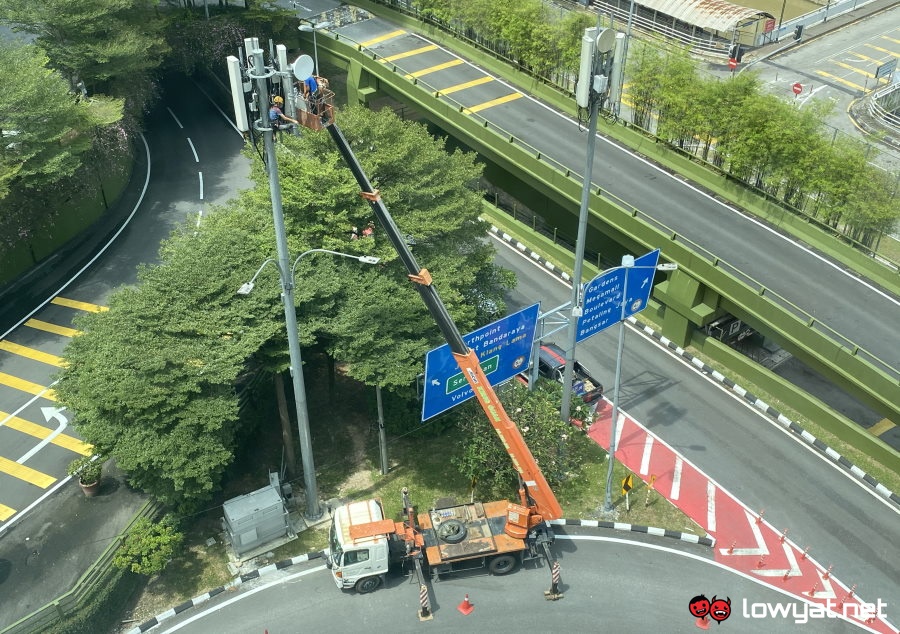Tomorrow, the government will impose a total lockdown throughout Malaysia being its latest measure to curb the spread of COVID-19 in the country. The move which was announced last week was deemed necessary after the daily positive cases breached the 8,000 mark which put tremendous stress on the national health system.
Generally, the lockdown implementation has been divided into three phases. Tomorrow’s Phase 1 will last for the next two weeks but do mind that the actual duration could change depending on the assessment by the Ministry of Health in relation to the daily COVID-19 cases as well as the ongoing capacity of our national health system to handle those cases.
It took the government a few days but further details regarding the Phase 1 implementation have finally been revealed by the Senior Minister of Defence, Ismail Sabri Yaakob yesterday. We went through the announcement and listed down all the important things that we feel that you need to know about the impending lockdown.
For starters, let’s answer the big main questions first: are you allowed to go out of your home during the lockdown?
Unless you are a frontliner or involved in the essential sectors listed by the National Security Council (MKN) which we will discuss in the latter part of this article, the general answer is no.
Even private companies that are part of the said essential sectors are only allowed to operate with just 60% of their workforce. On another hand, almost the entire public sector will be working from home with the exception of frontliners as well as those that are involved in security, defence, and enforcement.
A further exception has also been extended to civil servants that are involved in tasks that can’t be performed outside of the office such as processing salaries, invoice, and contract payments alongside aid distribution, premise maintenance, ICT technical support, and documentation for Cabinet members. Even then, only 20% of them are allowed to be in the office.
That being said though, you can go out to purchase food and essential supplies as well as medicine and dietary supplements. However, only two household members are allowed to do so at any given time.
For those who need to obtain health & medical care as well as emergency & security services, only three people inclusive of the patient are allowed to travel in the same vehicle. This also applies to those who need to perform COVID-19 tests and they can only do these within the 10km radius of their home or the nearest facility to their home if it is not within that radius.
When it comes to e-hailing and taxi services, only one driver and one passenger are allowed per vehicle. Additionally, the passenger also has to sit in the backseat.
While public transportation will continue to be available through TL Phase 1, buses, trains, ferries and other related vehicles are only allowed to operate at 50% of their usual capacities with their operation time and frequencies depending on the Ministry of Transportation. Only aeroplanes are somehow exempted from this directive.
Meanwhile, all public & private daycare centres and kindergartens, as well as mental development centres for children between the ages of 4 to 6 years old, are not allowed to be operational too. That being said, exceptions are being given to facilities that cater to children of frontliners or children who have both parents working in the essential sectors during the lockdown.
For prayers in mosques and suraus, attendance is limited to only 12 committee members and a similar limitation also applies to religious actives at other houses of worships.
At the same time, marriage solemnizations (akad nikah) for Muslim couples are only allowed to be done at the Islamic Religion Offices depending on the policy set by respective state authorities. However, Minister Ismail didn’t touch on the marriage ceremony or Registration of Marriage for non-Muslim couples in his announcement today.
As for recreational activities, only jogging and solo exercises are being allowed during this upcoming lockdown. These activities can only be performed within your housing area and you must adhere to a social distancing of between 2 to 3 meters.
As you may have expected, only specific portions of the retail industry are allowed to be operational. In fact, shopping malls are generally being prohibited to operate as usual with the exception of tenants such as supermarkets, hypermarkets, departmental stores, pharmacies, personal care stores, mini-marts, grocery stores, and convenience stores.
Even then, only their food, beverages, and essential supplies sections are allowed to be opened. Naturally, restaurants, eateries, and food stalls all over the country have received the green light to operate during Phase 1 of the lockdown although restricted to takeaways and delivery.
Other retailers that are also allowed to be operational also includes:
- Laundrettes, both full-service and self-service
- Pet shops
- Eyewear and optical stores
- Hardware stores
- Workshops including maintenance and spare parts
- E-commerce
- Wholesale and distribution for essential supplies
All of the retail, F&B, and distribution businesses that we mentioned above are allowed to be operational between 8:00 AM to 8:00 PM. For markets though, they do have their specific operating times as stipulated by MKN:
- Daily market: 6:00 AM to 2:00 PM
- Controlled Fresh Market (PST): 7:00 AM to 12:00 PM
- MyFarm Outlet (MFO) : 6:00 AM to 4:00 PM
- Wholesale market: 12:01 AM to 6:00 AM and 11:00 AM to 4:00 PM
Petrol stations are also allowed to operate from 6:00 AM to 8:00 PM except for those that are located at highways which can continue to operate 24/7. With that, do note of these timings and plan accordingly especially when you want to order your dinner.
In the earlier part of this article, we have mentioned something called the essential sectors which are allowed to be operational during Phase 1 of the lockdown. There are 17 of them altogether according to Minister Ismail:
- Food and beverage – including for animals
- Health and medical care – including dietary supplements, animal care & clinics, veterinary services
- Water
- Energy
- Security and safety – including defence, emergency, welfare, and humanitarian aids
- Solid waste management, public cleaning, and sewage services
- Land, water, and air transportation
- Airports, ports, and shipyards operations and services – including loading, lattice transportation, cargo handling & pilotage, and storage/bulk commodity
- Communications – including media, telecommunications, Internet, post, and courier / broadcast sector is limited to delivering information and news as well as related contents
- Banking, insurance, takaful, and capital markets
- Community credit such as pawn shops and Ar-Rahnu
- E-commerce and information technology
- Fuel and lubricants – including production, distillation, storage, supply, and distribution
- Hotels and accommodations – restricted to quarantine and isolation as well as those that are related to essential services but not for tourism purposes
- Critical construction, maintenance, and repair works
- Forestry enforcement and wildlife services
- Logistics for the delivery of essential services
Meanwhile, this lockdown will also put a temporary halt on the manufacturing industry. That being said, some manufacturers have been allowed to remain open although they can only operate with 60% of their workforce:
- Aerospace – limited to maintenance, repair, and overhaul works
- Food and beverages
- Packaging and printing – limited to food and health-related products
- Personal care products
- Health and medical products – including diet supplements
- Personal Protective Equipment (PPE) – including gloves and fire safety products
- Components for medical equipment
- Electrical and electronics, as part of the global supply chain
- Oil and gas inclusive of petrochemical and related products
- Machines and equipment that are related to health and food
- Textile for PPE
- Fuel and lubricants including production, distillation, storage, supply, and distribution
Furthermore, the exemption has also been extended to the agriculture, fishery, and plantation sector as well as businesses that are involved in their supply chain. Similarly, all maintenance and repair works that are deemed critical can continue to take place.
Not to forget, the construction of all major public infrastructure, as well as buildings that provide on-site accommodation or utilise Centralized Labour Quarters (CLQ) for their workers, have received the green light from MKN too. For these sectors, there is no exact limit on their workforce as they are allowed to operate with “optimum” capacity.
As mentioned earlier, what we have stated here mainly came directly from Minister Ismail’s announcement and they are already quite extensive. We are still expecting that there will be more implementations to come though as the nation counts down to the lockdown.
So, be vigilant and keep a look for further announcements from the relevant authorities as well as government agencies. At the same time, please continue to stay safe by maintaining a high level of personal hygiene including washing your hands often.
Whenever you are out of your home, do practice social distancing and wear your face mask properly. Don’t forget to register for vaccination via MySejahtera or JKJAV’s official website, if you have not done so.
(Reference: MKN / Facebook. Additional images: ATM / Facebook, KKM / Facebook, Jessica Ticozelli / Pexels, Grab, RTM / Facebook.)
Follow us on Instagram, Facebook, Twitter or Telegram for more updates and breaking news.

